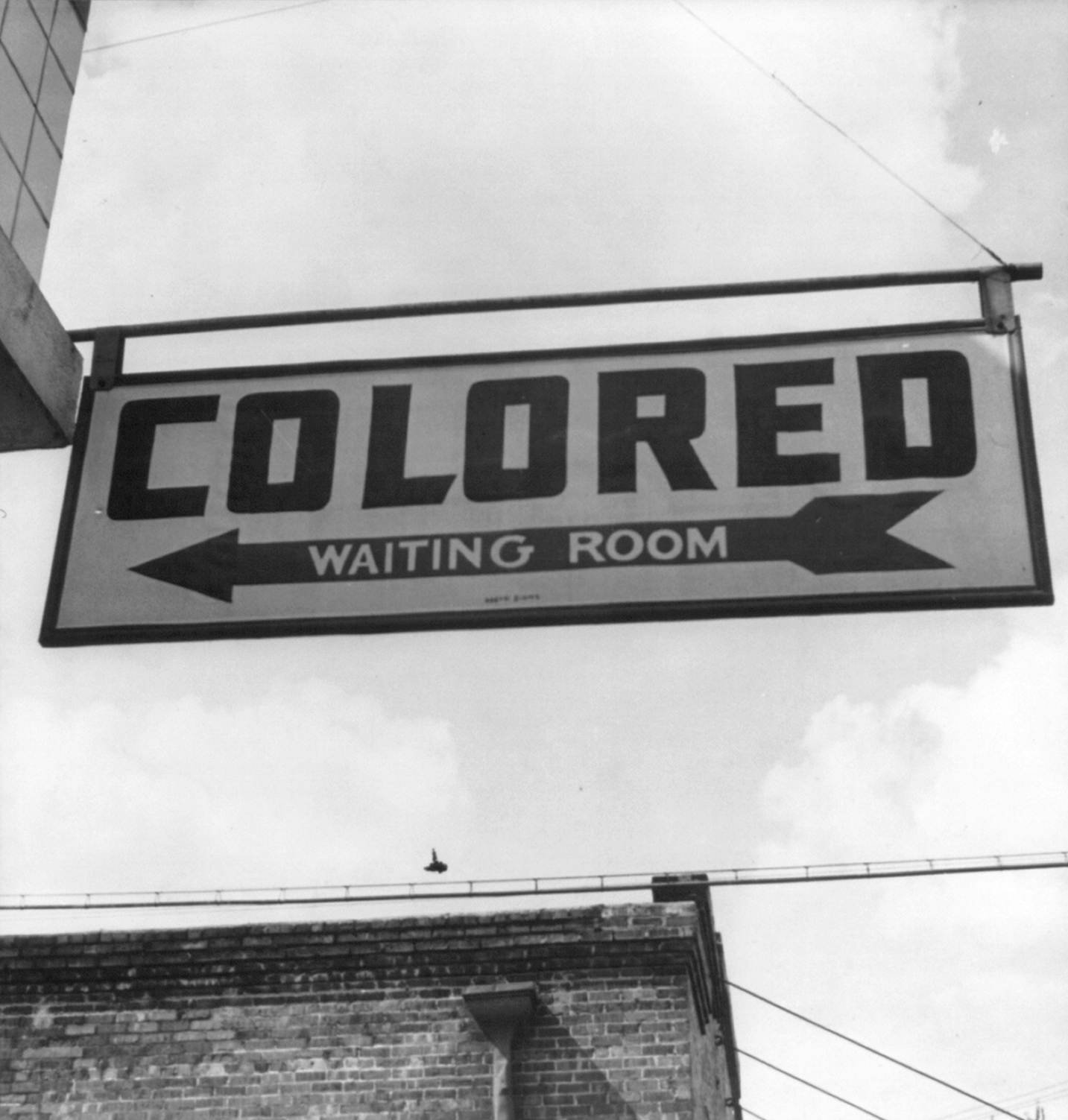- Moderator
- #1
In another thread, I saw an intersting post by Jillian mentioning how we have Constitutional Scholars to interpret the Constitution. And I had to sit back and ask myself: Why?
The Founders created a government for and by the people. It wasn't a government designed to benefit only the elites.
The people aren't stupid, contrary to some people's opinions. We can understand English. And the Constitution isn't a complicate document. The idea that the people don't understand what it says is ludicrous.
And yes, there is caselaw, but caselaw is often wrong. That's why there was a Written Constitution, so that it would remain as the structure for the government. And that people could always refer back to it to keep their leaders in check.
We don't need scholars to tell us what we can read for ourselves. Stop treating people like children or you'll be surprised when they treat you the same way.
The Founders created a government for and by the people. It wasn't a government designed to benefit only the elites.
The people aren't stupid, contrary to some people's opinions. We can understand English. And the Constitution isn't a complicate document. The idea that the people don't understand what it says is ludicrous.
And yes, there is caselaw, but caselaw is often wrong. That's why there was a Written Constitution, so that it would remain as the structure for the government. And that people could always refer back to it to keep their leaders in check.
We don't need scholars to tell us what we can read for ourselves. Stop treating people like children or you'll be surprised when they treat you the same way.


